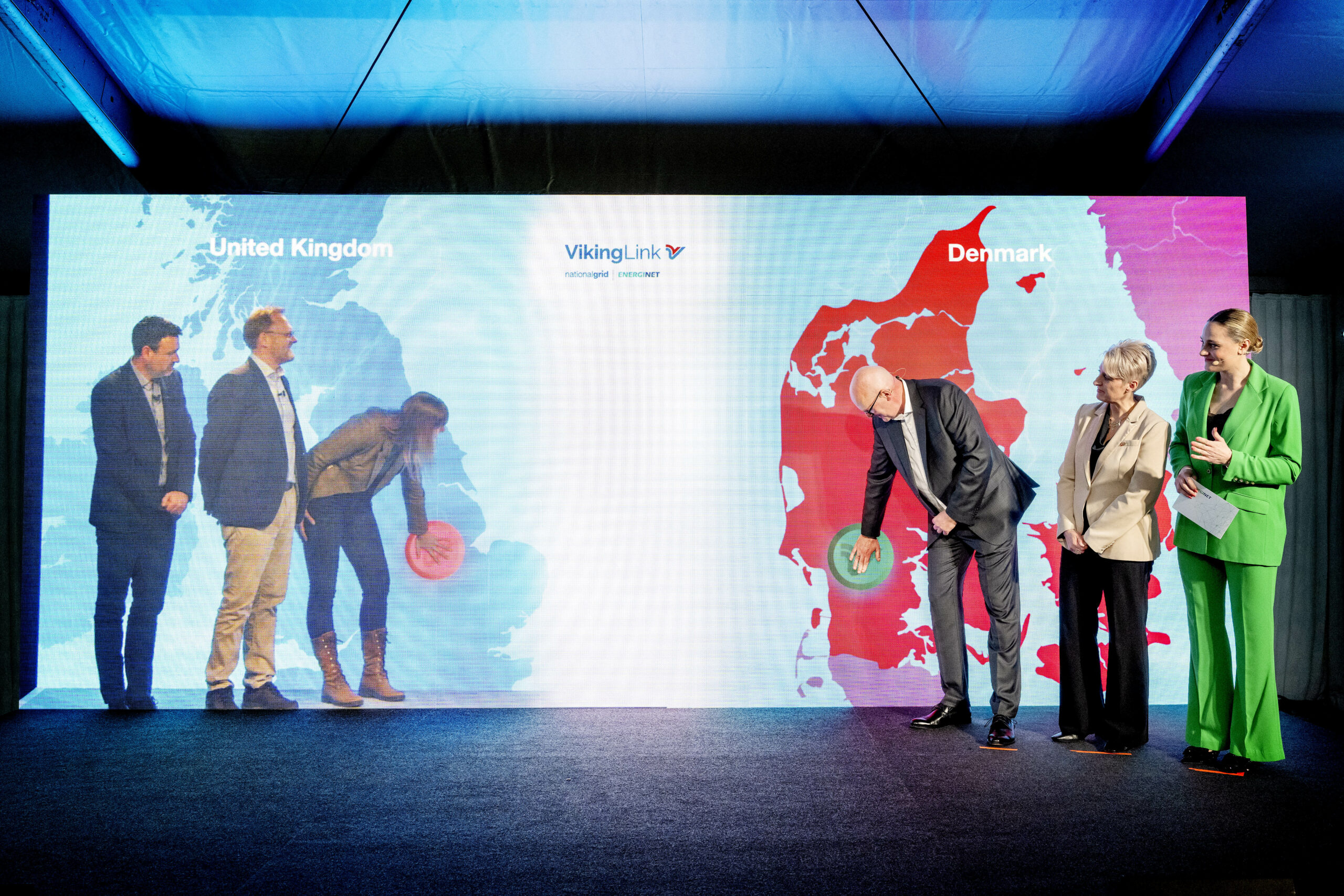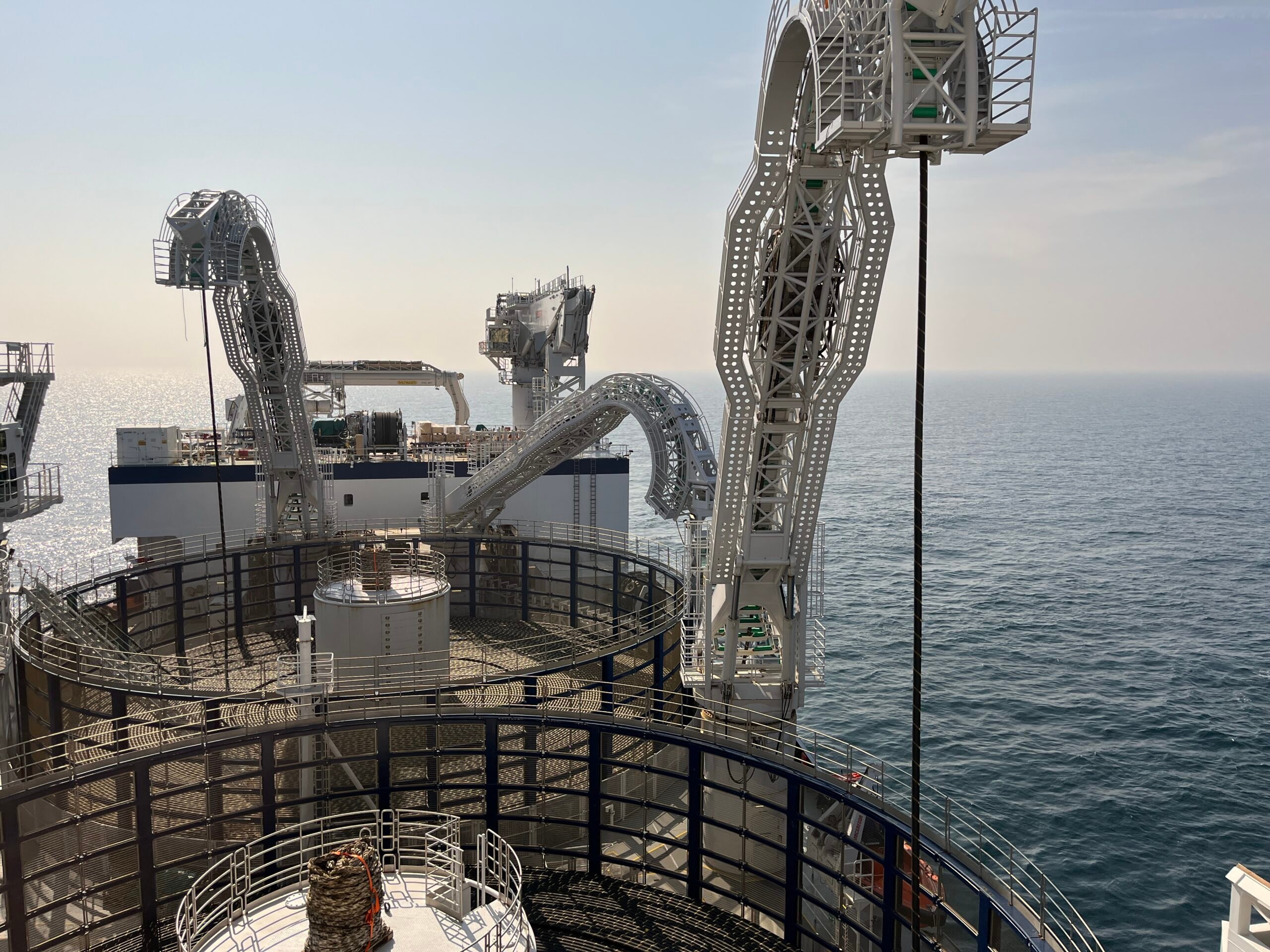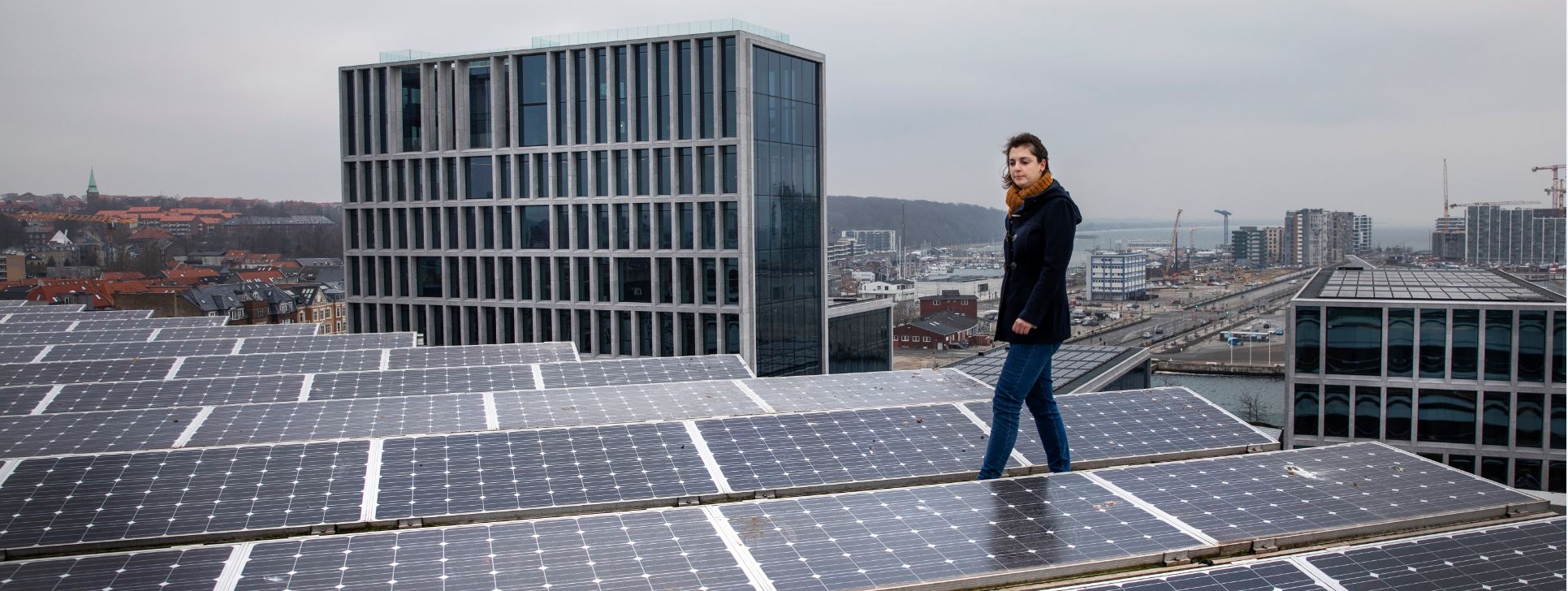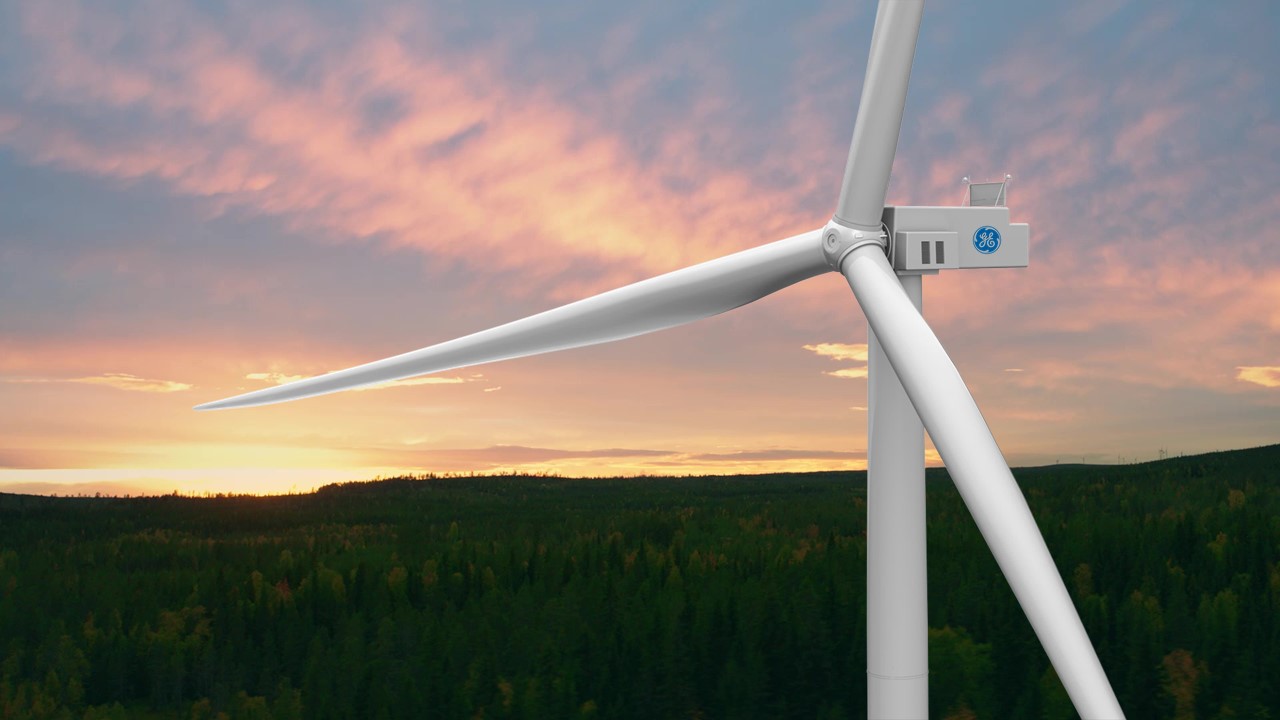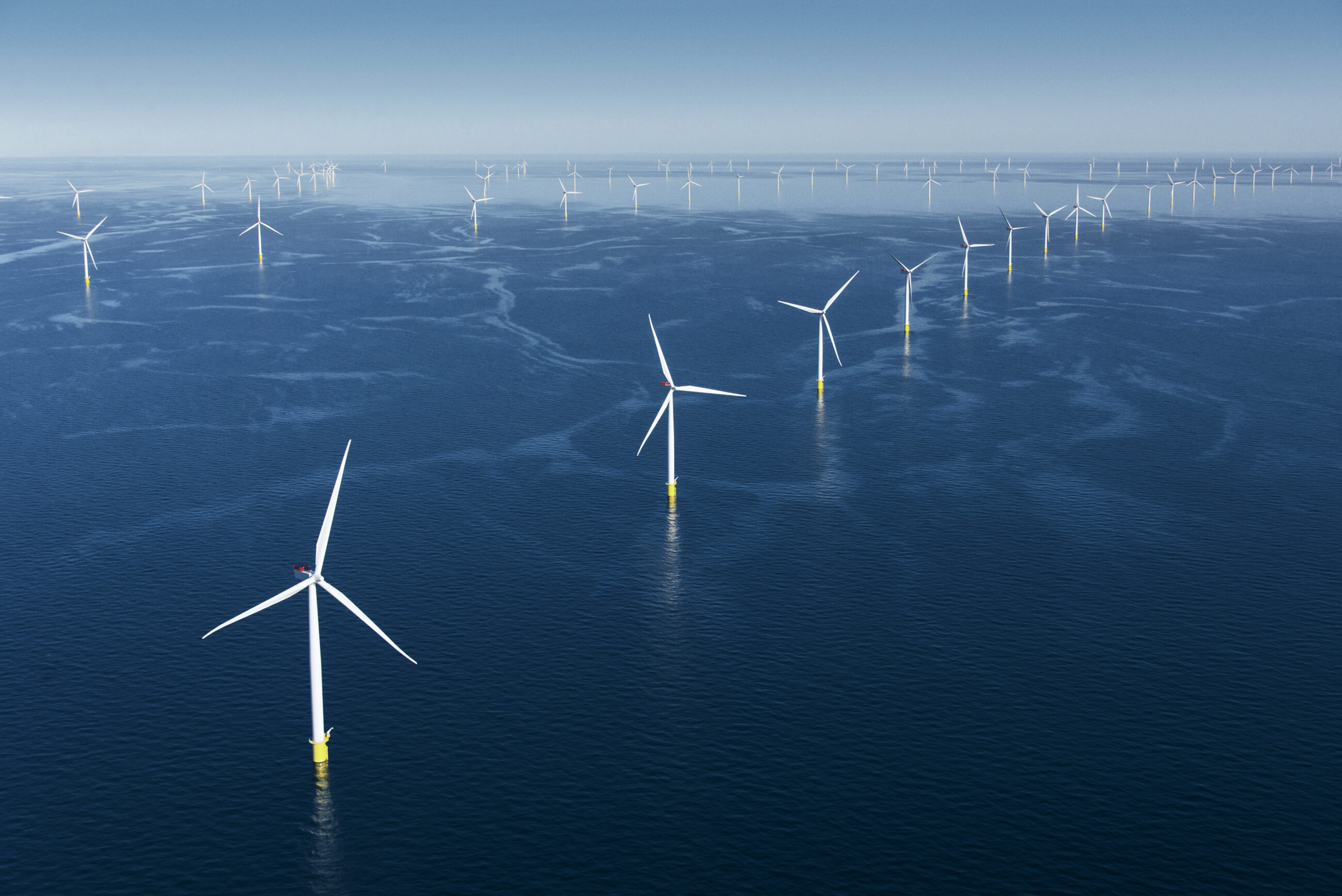News
Solar energy
Wind energy
Major new partnership to solve future energy challenges
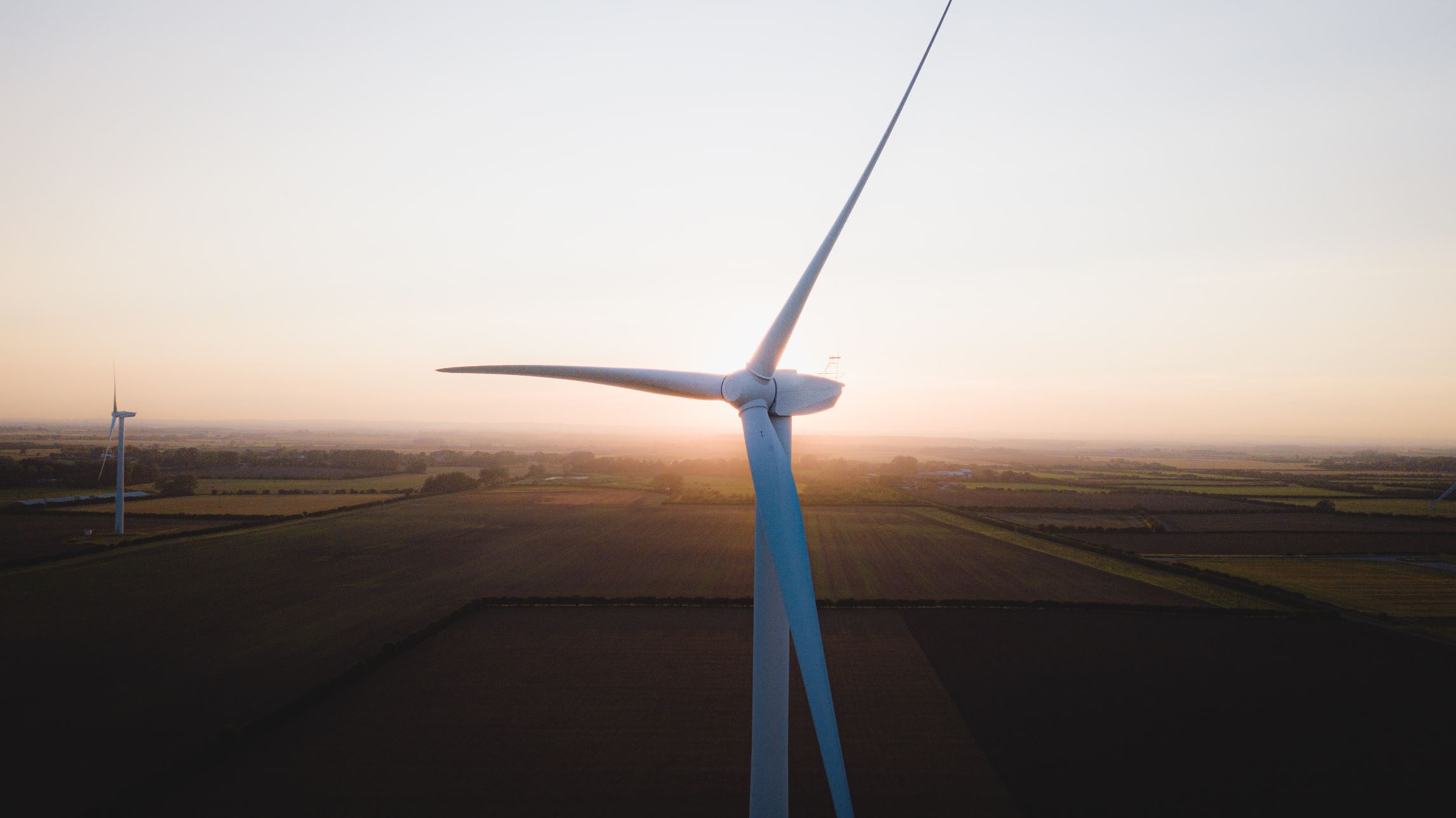

The initiative is called ‘Innovation Hub for Intelligent and Flexible Energy Solutions in Greater Copenhagen’ and consists of 12 strong partners: large Danish and Swedish companies, government bodies, universities, and network and innovation organizations.
“In Greater Copenhagen, we already have a unique Danish-Swedish collaboration on intelligent energy solutions. But we must make greater efforts if we are to be at the forefront of intelligent use of renewable energy. This initiative will promote cooperation between companies, entrepreneurs, public institutions, network organisations, and energy suppliers,” said Heino Knudsen, Regional Council Chair in Region Zealand and spokesperson for 'Greater Copenhagen Green'.
The 12 partners behind the initiative are: Greater Copenhagen, Gate 21, Energy Cluster Denmark, Sustainable Business Hub, Sege Park (under Malmö City), Det Urbana Simris (under E.ON), Hyllie (under E.ON), Renewable Energy Lolland (REEL) (under Lolland Municipality), Bornholm Energy Lab (under BEOF), PowerLabDK, EnergyLab Nordhavn, and Östra Ramlösa Helsingborg (under Öresundskraft).
-Related news: New green record for Danish electricity: lowest CO2 emissions ever
Innovation Hub to ensure local and global success
The Innovation Hub is the first initiative in Greater Copenhagen Green designed to ensure that the Danish-Swedish region becomes a world leader in the green transition and sustainable growth. The new Innovation Hub offers the opportunity to develop, test and demonstrate new intelligent energy solutions across the two countries.
“We have many world-renowned demonstrations of innovative solutions in our living labs. We also have great opportunities to develop smart and sustainable energy solutions for the future that can be used both locally and globally. We can do this by drawing on each other’s expertise and technological competences in a cross-cutting Danish-Swedish collaboration in Greater Copenhagen,” said Peter Danielsson, mayor of Helsingborg Municipality and spokesperson for Greater Copenhagen Green.
-Related news: A record year: Wind and solar supplied more than half of Denmark’s electricity in 2020
Leading research
Initiators from the Technical University of Denmark (DTU), together with the partners in Denmark and Sweden, will develop the collaboration on the Innovation Hub and establish the necessary framework.
“DTU is at the forefront of research into renewable energy and digitalisation, and we are already involved in many of the Danish living labs. We are also pleased to be able to put Greater Copenhagen on the world map as a leader in intelligent energy solutions,” said Marianne Thellersen, Director for Innovation and Entrepreneurship, Senior Vice President, DTU.
The new Innovation Hub will work across the entire innovation chain to find new solutions in the fields of energy and digitalization. It is also expected that the Hub will be allowed to work in an experimental zone with selected exceptions to current regulations in this area, so that new business models and opportunities for global exports can be developed.
-Related news: New research centre sets out to develop zero-CO2 shipping
Facts
The Innovation Hub will make a difference in the following areas:
- Innovative energy solutions that combine renewable energy supply with energy savings in buildings (hospitals, schools, stores, etc.) and transport.
- Flexible energy consumption to minimize the use of fossil fuels at peak times. The intelligent and flexible energy system must be designed systematically, among other things through limiting buildings’ energy needs for cooling, ventilation, and heating, energy management in buildings, and integration to electric charging points.
- Developing an energy system that encourages people to make energy-efficient and renewable energy solutions more widespread, e.g. through new digital solutions aimed at controlling and linking up district heating, electricity supply, and consumption.
- Sharing data to enable people in different fields to make use of them.
- Standing together to voice the need for green procurement and ensure flexibility around energy design, energy solutions, and other initiatives by public organizations.
Source:
Photo by Luke Thornton on Unsplash
